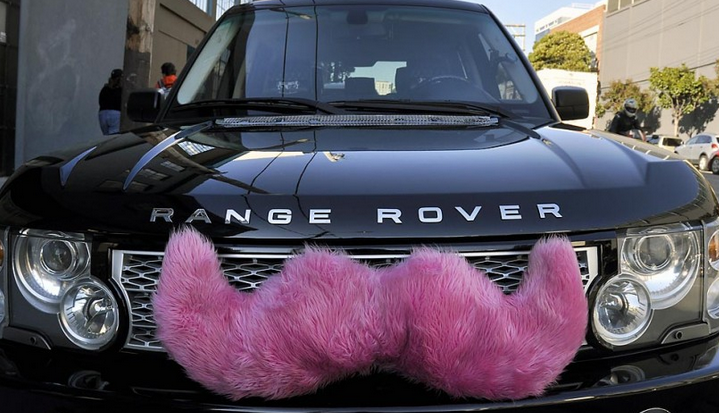California Regulator Proposes New Ride-Sharing Rules In A Victory For Uber, Lyft And SideCar
Startups such as Uber, Lyft and SideCar have had a new victory in fighting their way back into California.
The California Utilities Commission has made a proposal that will allow the startups to operate in the state, as long as the TNCs meet a certain set of conditions.
The proposal follows months of discussions between the regulator and the startups, which seek to connect passengers with drivers who haven’t been licensed for commercial driving. The PUC is calling those operators Transportation Network Companies (TNC) and has built a new regulatory framework for them. The key portions of the proposal revolve around public safety and ensuring that drivers have had background checks and are covered by insurance in the case of an accident.
The proposal requires that TNCs:
- Obtain a license from the CPUC to operate in California;
- Require each driver to undergo a criminal background check;
- Establish a driver training program;
- Implement a zero-tolerance policy on drugs and alcohol; and,
- Hold an insurance policy that is more stringent than the CPUC’s current requirement for limousines, requiring a minimum of $1 million per-incident coverage for incidents involving TNC vehicles and drivers in transit to or during a TNC trip. Limousines with a seating capacity of seven passengers or less requires $750,000 in insurance coverage.

You must be logged in to post a comment.